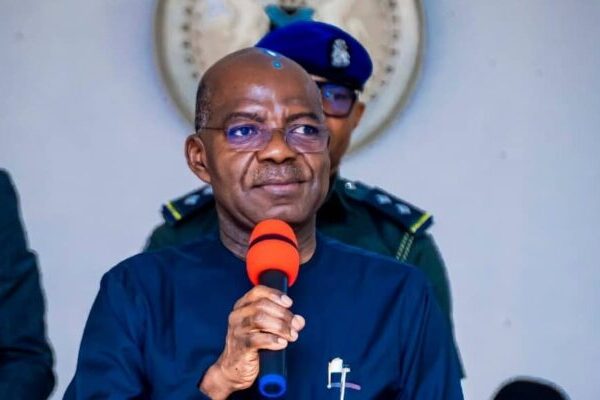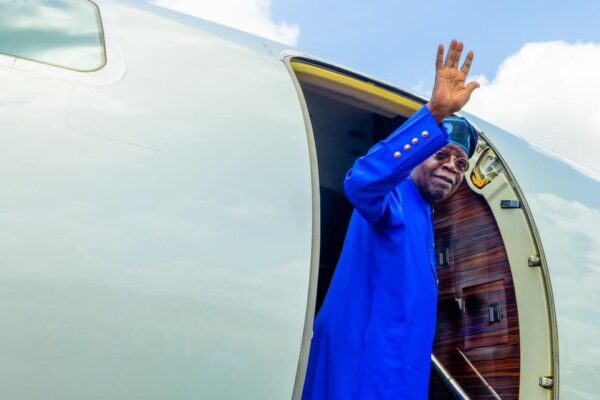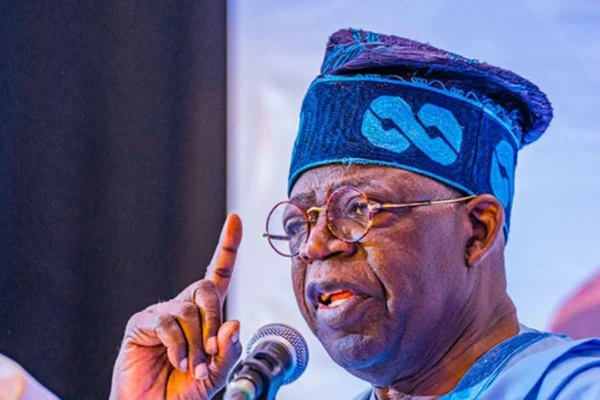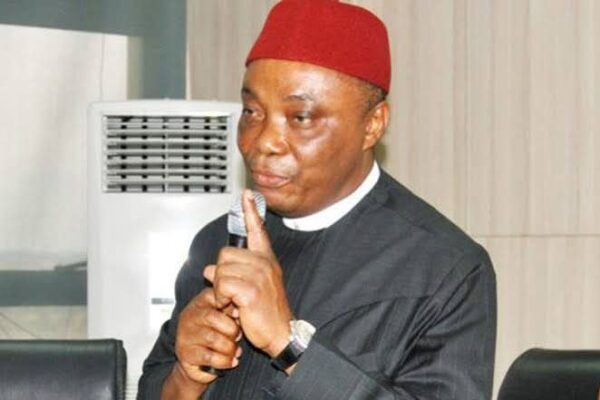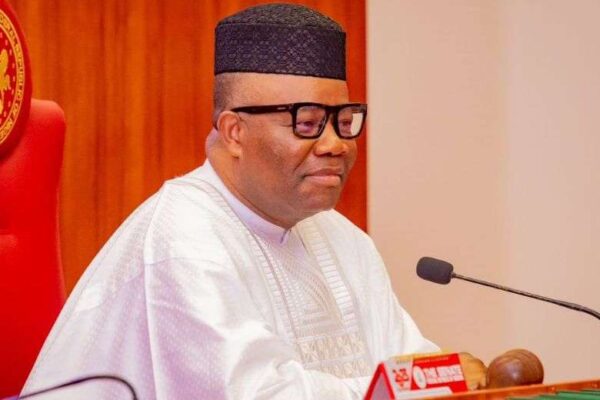
Video Shows First ECWA Church Members Held Captive After Kogi Bandit Attack
A video has surfaced showing members of the First ECWA Church abducted during an attack on Ayetoro Kiri in Kabba/Bunu Local Government Area, Kogi State. The worshippers were seized on December 14, 2025, when armed gunmen stormed the church, an assault that sent shockwaves through the community and prompted many residents to flee amid fears for their safety. The footage, reportedly released by the kidnappers, shows the victims in captivity as the armed group attempts to assert control and intimidate the local population. This attack is one of several recent security incidents in the area, raising growing concerns over the escalating insecurity in Kabba/Bunu and the broader Kogi West region. A video has emerged showing worshippers of the First ECWA Church who were abducted by Fulani Terrorists during an attack on Ayetoro Kiri in Kabba/Bunu LG of Kogi State begging for the release Can you see the kids and aged women? @OfficialOAU @KingsleyFanwo @officialABAT… pic.twitter.com/D7gREwqY7N — 𝐊𝐨𝐠𝐢𝐗𝐜𝐨𝐦𝐦𝐮𝐧𝐢𝐭𝐲 (@kogi_xcommunity) December 20, 2025



